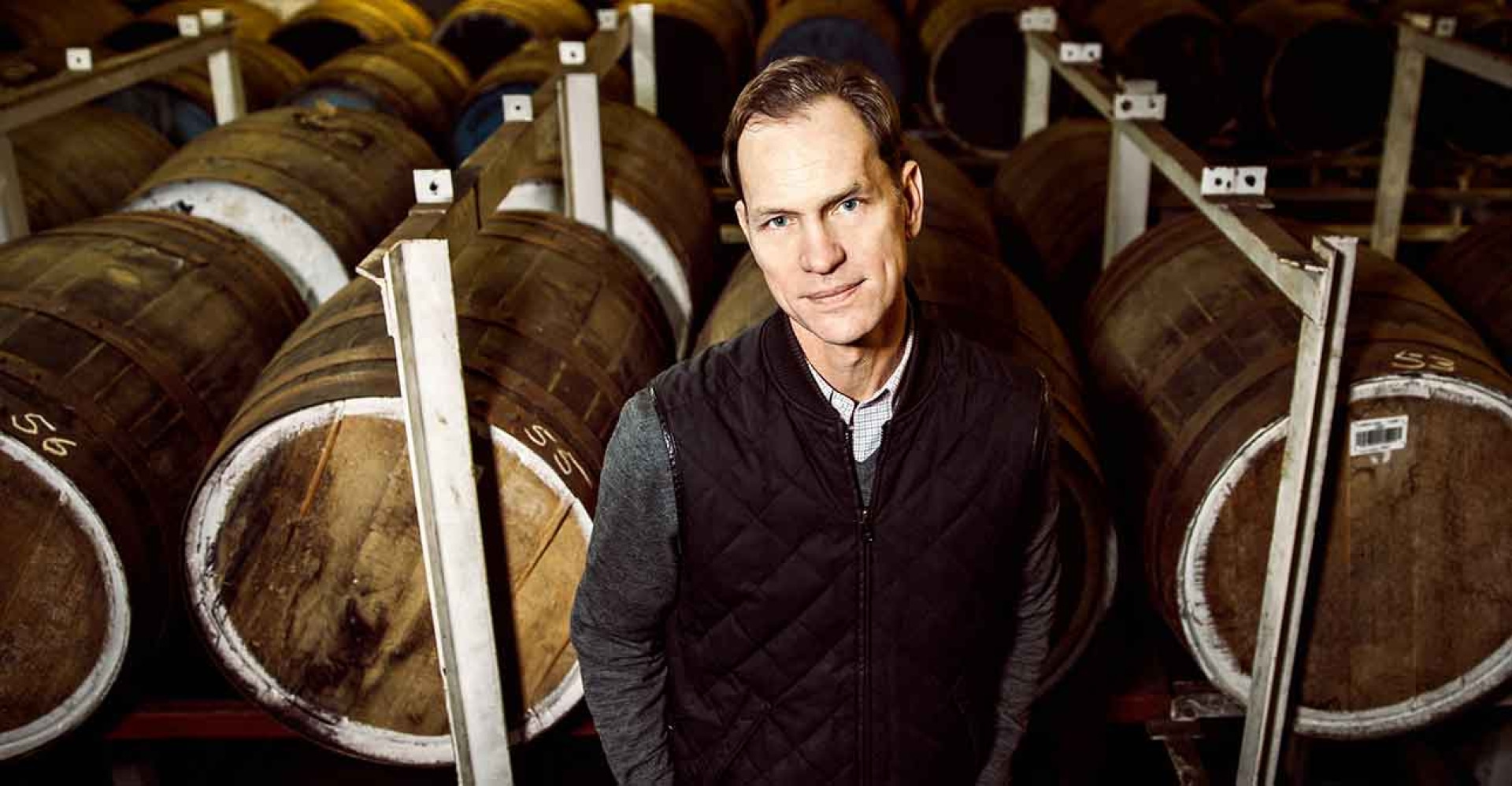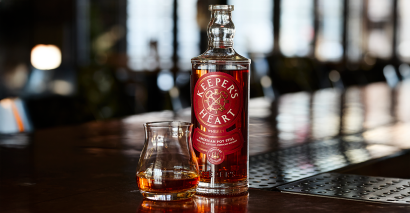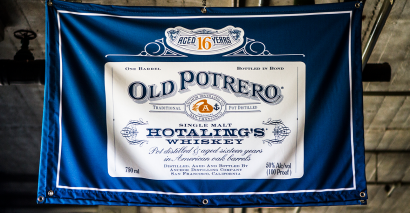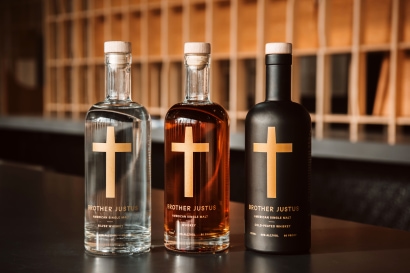
PHOTO ASIA WERBEL
John Glaser, a key figure in whisky’s modern transformation as the founder of Compass Box, has stepped down from his leadership role at the company. Glaser retains an ownership stake but will relinquish all day-to-day activities, effectively parting ways.
London-based investment group Caelum Capital took a majority stake in Compass Box in 2022, and since then tapped spirits industry veteran Maurice Doyle to serve as Compass Box CEO while Glaser continued in a guidance role. The company has also since made other regional appointments as it begins this new organizational chapter. The financial details of Caelum’s 2022 deal for Compass Box weren’t disclosed, but Caelum’s strategy calls for making equity investments between $50 million and $200 million.
In a 23-year run that featured highly rated whiskies and a remarkably creative approach to making blended scotch, Glaser’s signature accomplishment was to break the mindset that blends were somehow inferior to single malts. When he founded Compass Box in 2000, blended scotch was mired in a long-term rut, with few exceptions. While single malt got all the attention, the blends largely languished on the bottom shelf, dismissed as mass-market products. Compass Box changed all that, convincing the world that blends were a sophisticated product that actually required more creative input than single malts. It all started with the Hedonism label, and an ensuing array of releases soon jolted whisky drinkers out of their malt-centric mentality. Thanks to Compass Box, malts-versus-blends largely became a non-issue for a new generation of drinkers.
Widespread Influence
But the Compass Box influence has extended far beyond the malt-versus-blend debate, as Glaser displayed an ingenuity that challenged other conventions like age statements and the rules on disclosing a whisky’s contents, while executing wildly creative branding and label artistry. Along the way, Compass Box releases were offered at eye-popping prices that would have been unthinkable in previous years, but those whiskies invariably sold out quickly.
In keeping with its iconoclastic mindset, Compass Box was unafraid to take on the Scotch Whisky Association (SWA) for what it saw as arbitrary rules, lobbying hard for a change to give producers the right to identify their component whiskies on labels through work on its Scotch Whisky Transparency Campaign. As part of that, Compass Box 3 year old Deluxe was an edgy, humorous poke at SWA rules requiring that age statements apply to the youngest whisky in the bottle. Only 1% of that whisky was comprised of 3 year old liquid, but the label was technically permitted. Priced at $300, it was a smash hit, bringing a surge in crowds to the Compass Box table at WhiskyFest events to get a taste of this mysterious 3 year old. There was also This is Not a Luxury Whisky, which cheekily raised questions on what constitutes luxury in a whisky.
Tough Act to Follow
Whatever happens now, Glaser will be a tough act to follow. Compass Box routinely turned out whiskies rated at 90 points and above. Compass Box The General, introduced in 2014, notched a 96 and was one of the highest-scoring scotch whiskies ever. And Compass Box expressions made Whisky Advocate’s Top 20 list in 2017, 2020, and 2021.
Saying simply that it was “time to move on,” Glaser told Whisky Advocate that he has no plans yet. Asked to choose his proudest achievements, he singled out Hedonism, which recently announced a transition to becoming a limited annual release. “I’m particularly proud of how we’ve relaunched Hedonism, our seminal product, in a way that should help it endure for many years to come as an iconic (albeit niche) scotch whisky,” he said. “I’m so happy we’re bringing it to market before I go!”




